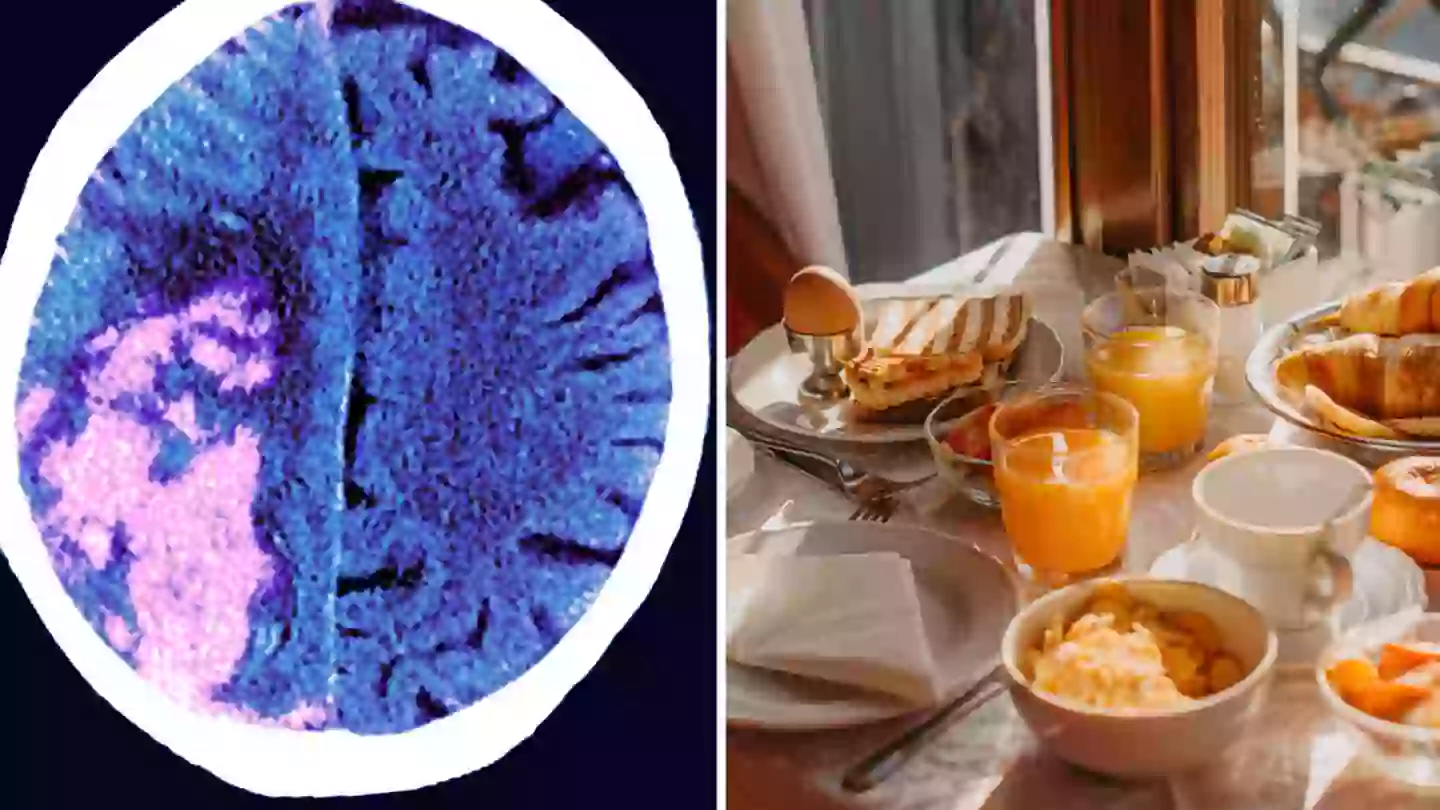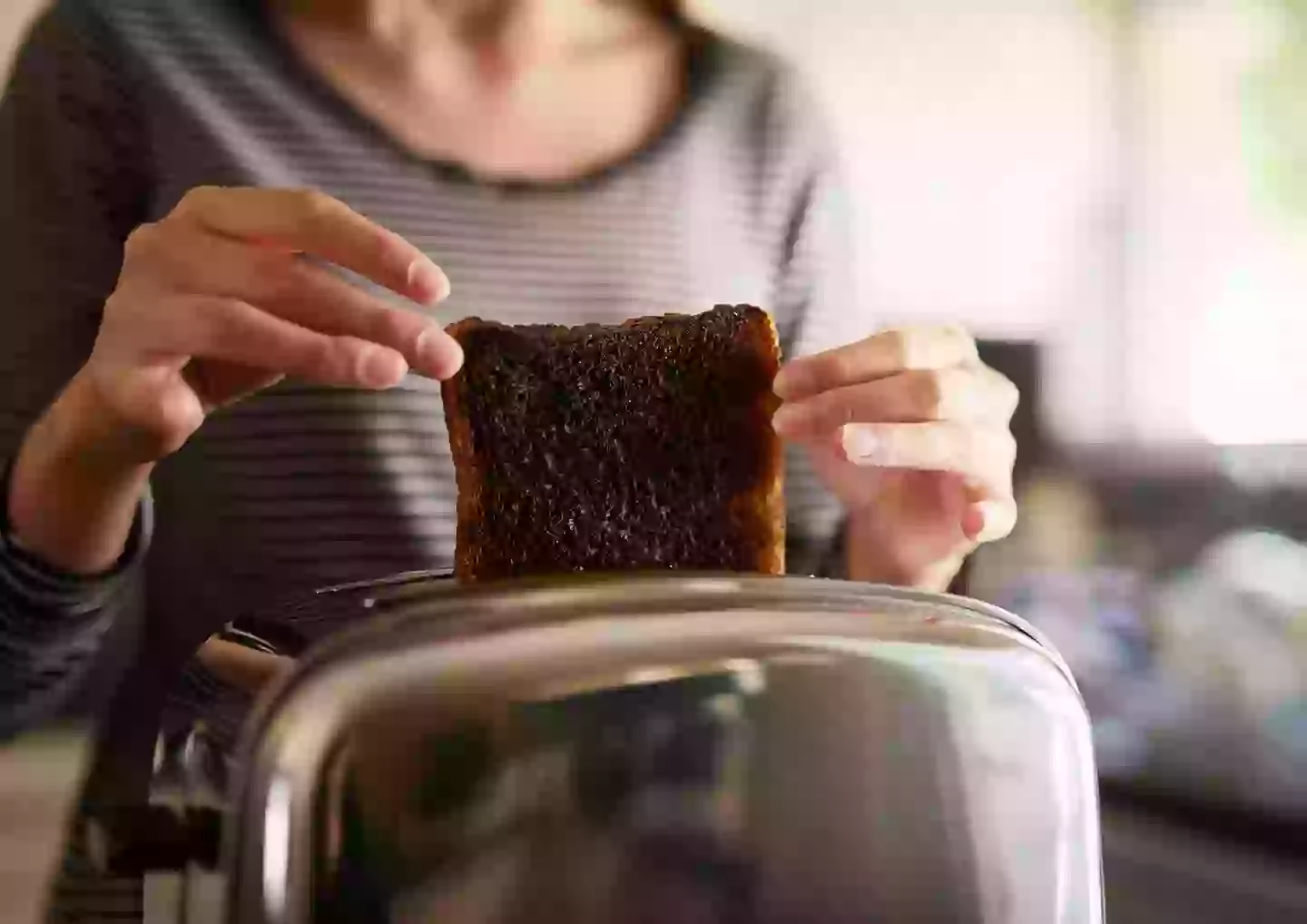
A warning has been issued as a chemical has been found in a popular breakfast food that could trigger a heart attack or stroke.
A team of Spanish experts have discovered a link from a chemical called acrylamide, which forms during the cooking process, which could raise the risk of the two health emergencies by as much as 60 per cent.
The researchers, who analysed dozens of studies dating back to 2007, involving over 100,000 individuals, shared their findings in the Nutrients journal last month (November 13).
Advert

The researchers, who hail from several universities and health bodies, found that a higher acrylamide intake was linked to both an increased risk of suffering from serious cardiovascular medical emergencies like heart attack and stroke, as well as death from these conditions.
They referenced studies that showed extreme levels of acrylamide was linked with an 84 per cent increased risk of cardiovascular death in vulnerable people, such as those at risk of type 2 diabetes.
Additionally, high acrylamide exposure through diet was reportedly said to increase the risk of cardiovascular death by between a third and two-thirds.
Advert
Acrylamide is released when starch-heavy foods like bread and potatoes are heated up, such as during baking, frying and roasting.

The chemical is commonly found in burnt carbohydrates, like toast - a food many of us eat for breakfast every single morning
Across the studies, the researchers found the average level of acrylamide in diet ranged from 32.6 to 57 micrograms per day with the
Advert
poorer cardiovascular outcomes being observed at the more 'extreme' end of the scale.
Professor Oliver Jones, an expert in chemistry at RMIT University in Melbourne, told The Telegraph that there's roughly 4.8 micrograms of acrylamide content per average slice of toast.
The researchers penned, as per MailOnline: "It is a ubiquitous food processing contaminant to which the entire population is unintentionally exposed throughout life.
"Exposure to acrylamide comes not only from ultra-processed foods, but also from home-cooked and restaurant foods, even when using new cooking methods such as air frying.
Advert

"Given the above mentioned, finding ways to mitigate acrylamide production and consumption is one of the most important areas of research in the food industry."
They added: "The population largely unaware of acrylamide production in home-cooked foods and its presence in their daily diet,' they wrote.
"Moreover, browned foods are mistakenly perceived as more appealing and flavourful."
Advert
"The increase in the consumption of ultra-processed foods in recent decades, especially among adolescents, remains a public health concern."
Sir David Spiegelhalter, Professor of statistics at Cambridge University, assured, however, that you'd need to eat a hefty 160 burnt slices of toast every day for it to have a seriously negative impact on your health on BBC's Food: Truth or Scare.
Still though, it's probably a shout to follow the NHS' official advice on how to reduce your acrylamide exposure - namely by aiming for nothing darker than a 'golden yellow colour'.
Topics: Food and Drink, Life, Advice, Health, Science